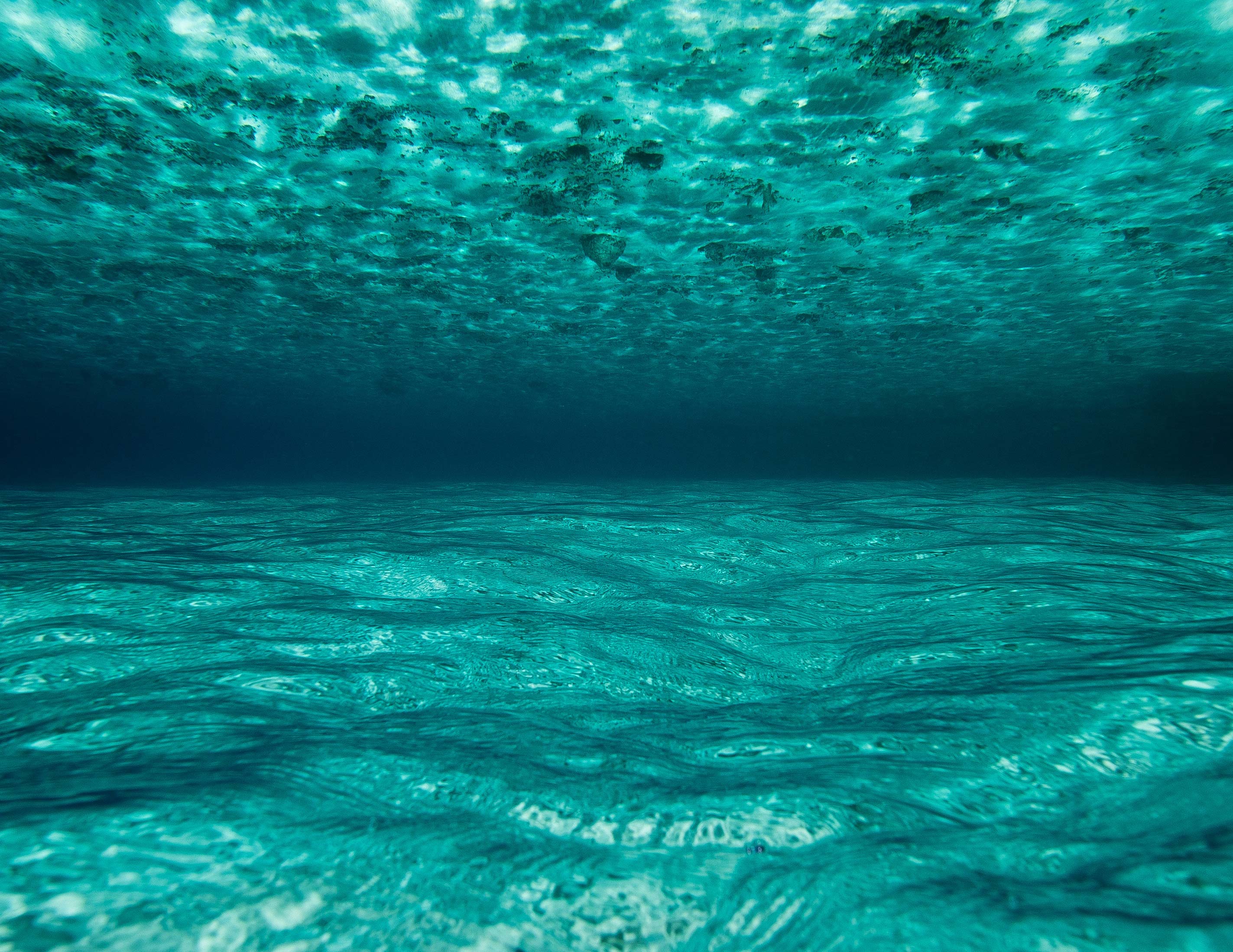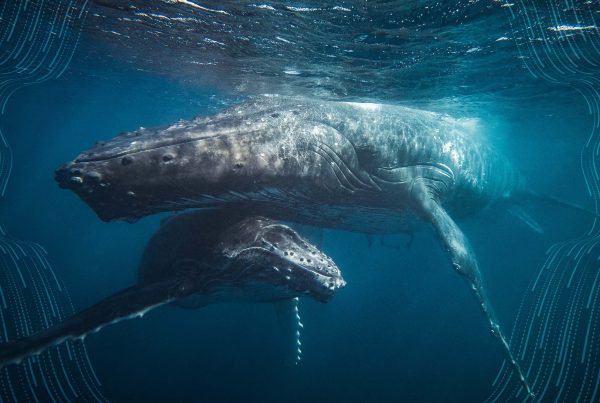The earth is getting warmer—and marine biologists are taking notice. ECS scientists are working with the NOAA Fisheries Office of Science and Technology to observe the effects of warming oceans on coral reefs, fisheries, and marine mammals. As we celebrate Earth Day, we’ll hear from three ECS marine biologists: Tali Vardi, Mark Nelson, and Matt Lettrich. We asked them to share their insights on climate change and marine life.
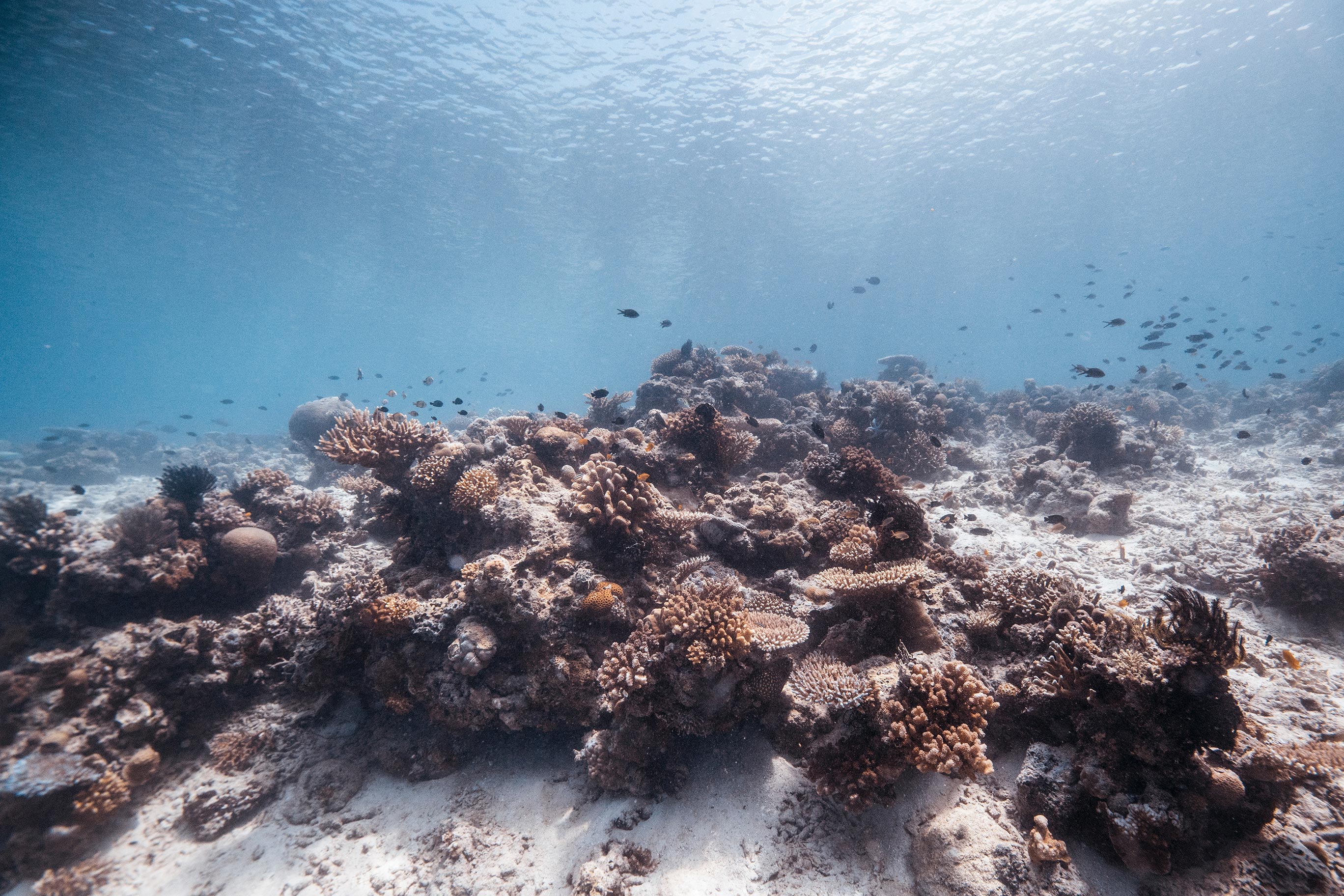
The secret life of corals
Tali Vardi is a coral biologist tracking the effects of climate change on the world’s coral reefs. Vardi led the formation of the Coral Restoration Consortium and is the primary NOAA coordinator for the NOAA-funded National Academies of Science, Medicine, and Engineering research review on coral intervention science. Her research inspired our case study, “Ancient Wonder: Preserving the Earth’s coral reefs.”
Why are coral reefs important and why are they at risk?
A billion people worldwide depend on coral reefs for either food or economics. Coral reefs could be the first ecosystem to blink out because of climate change: they are incredibly sensitive to temperatures and very slow-growing. Also, corals can’t move—so they can’t seek better conditions. The stakes are high for preserving corals, which provide 25 percent of the ocean’s diversity. There’s a lot of researchers trying to help coral reefs cope with current and predicted ocean warming, and we’re just at the beginning of uncovering how to address the problem.
Fishing for answers
Mark Nelson is a marine biologist who works with scientists across the country to track the effects of climate change on the geographic distribution of fish stock. Nelson is the national coordinator for NOAA Fisheries’ fish stock and climate and vulnerability assessment. His research inspired our case study, “Summer Stock: Climate change and seafood supply.”
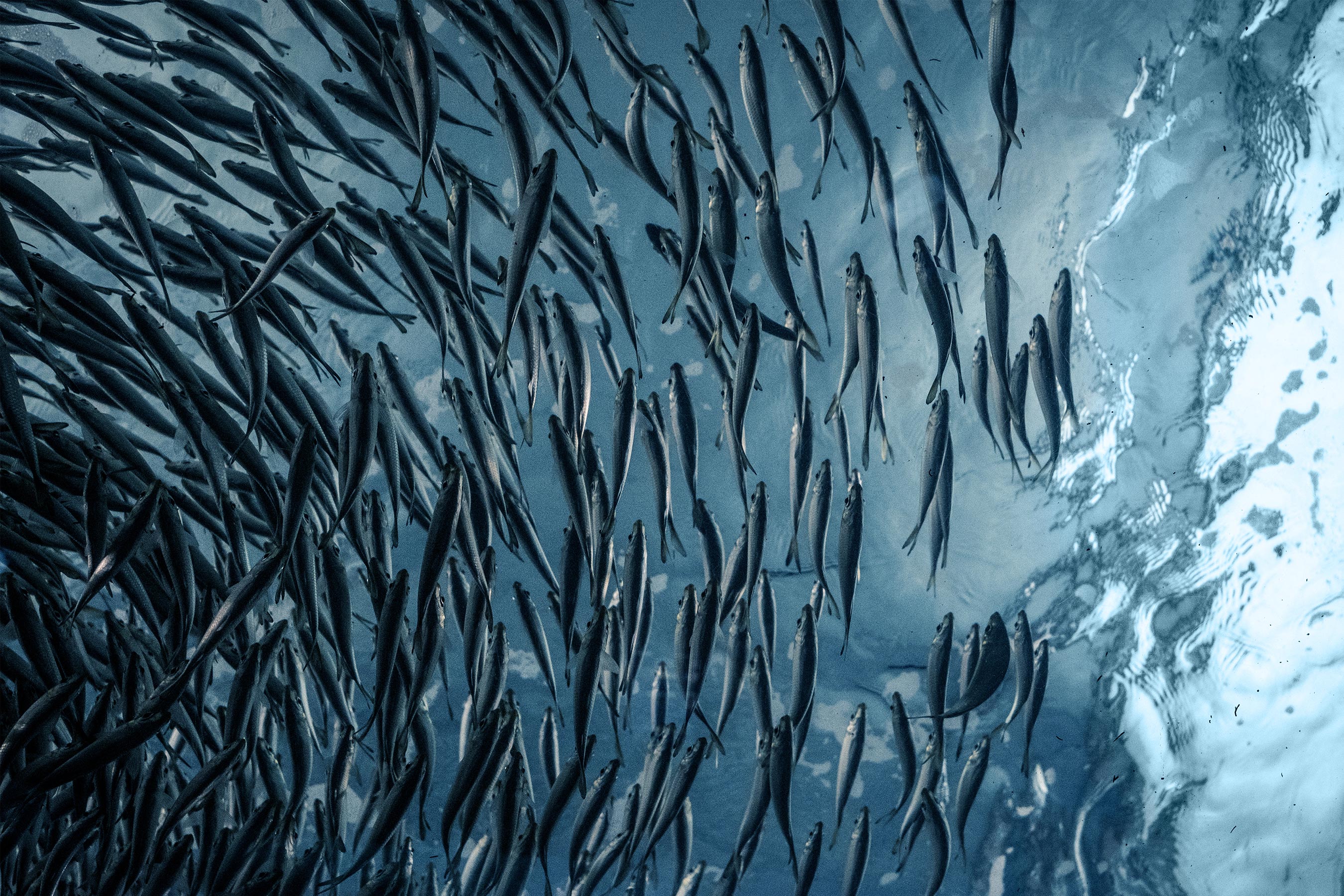
Are changes in climate affecting commercial fisherman and food supply?
Fisheries are a big part of our economy and in many places, a big part of society. Look at the native populations in Alaska, Hawaii, and American Samoa, or the lobstermen of New England: fishing is a huge part of the cultural fabric in these places. Climate change is not a far-off problem for fisheries. Our fishermen are seeing climate play out in their catch on a regular basis, and they’ve been observing these changes for years. By ignoring changes in climate, we are setting ourselves up for greater challenges. Instead, we want to help fishermen make better decisions, now and in the future.
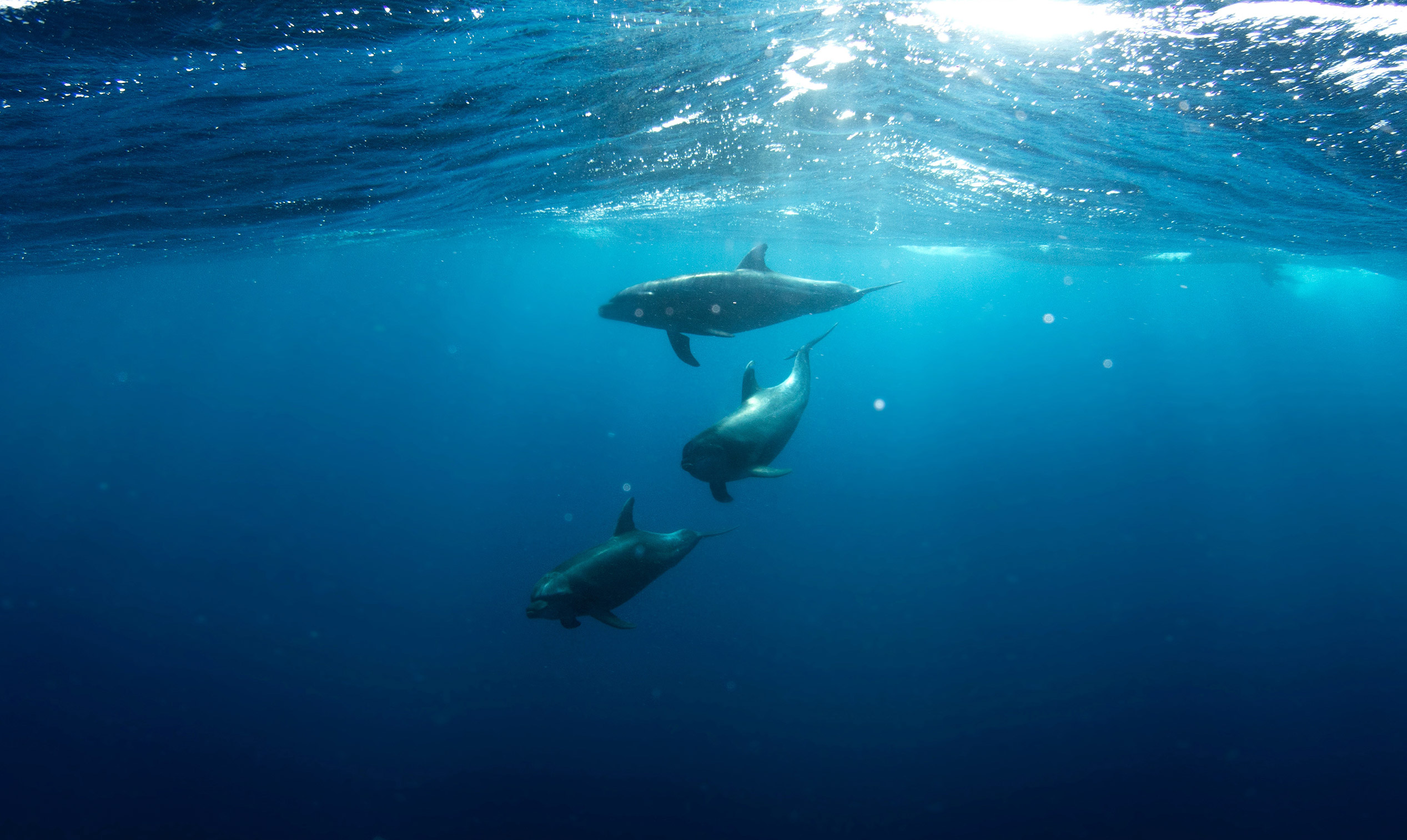
The tortoise and the whale
Marine biologist Matt Lettrich conducts vulnerability assessments, conducts research reviews, and gathers experts to leverage scientific knowledge on the habits of marine mammals and sea turtles, including protected species such as the North Atlantic right whale. His research was the basis for our case study, “State of the Ocean: Marine mammals, sea turtles, and climate change.”
As a scientist working with protected species, how does climate change affect your approach to conservation?
Historically, conservationists looked at how things have been and how we can maintain those conditions. With climate change, this is totally tipped on its head. The paradigm we’ve had for conserving doesn’t really hold up all that well as conditions are changing. We’re seeing new types of environments and new conditions that these organisms haven’t seen in the recent past. Our current work helps us look forward to what the future might be and take that information to prepare our institutions for it. All of us are interested in how these animals will be moving and changing.

